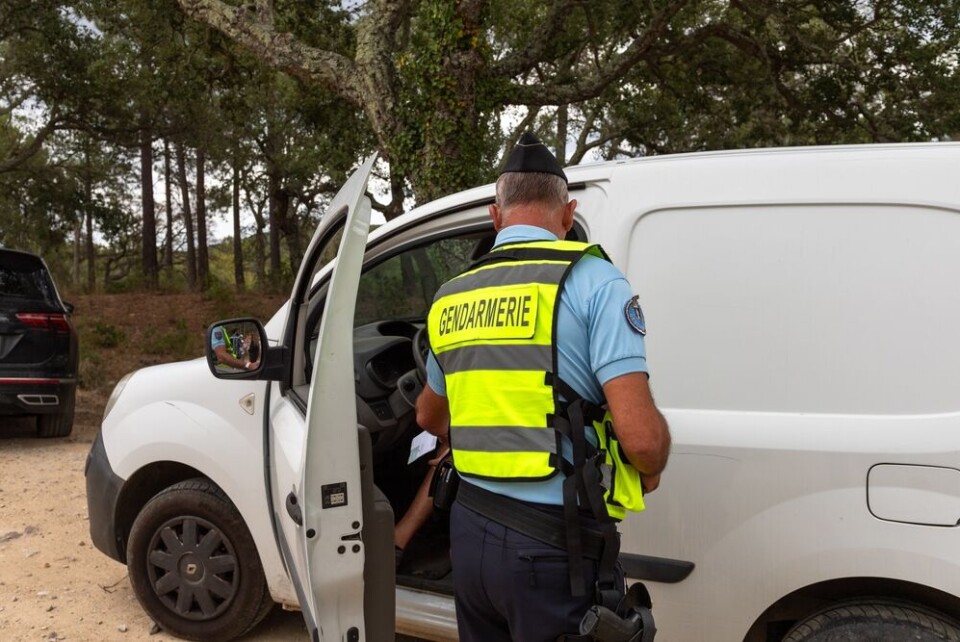-
Bikers tag dangerous French roads to shame authorities
Operation carried out for a number of years by local groups of the Fédération française des motards en colère
-
Is this the end of free mountain rescue in France?
A new report says that charging for services is ‘legitimate and necessary’
-
Do I need separate caravan insurance in France?
Fixed and mobile models have different rules and coverage
Do police officers need reason to stop and control drivers in France?
The Code de la Route is quite clear when it comes to stopping for, and presenting documents to, the police or gendarmerie

Reader question: When are police allowed to stop you when you’re driving? Under what circumstances are they permitted to do so, and can they stop and check you for no apparent reason?
The short answer is: Police on duty have the right to stop drivers (as well as check their driving speed) wherever and whenever they like, without any predetermined ‘reason’.
“A gendarme or policeman can position themselves wherever they like,” said Jean-Baptiste Le Dall, a lawyer specialising in roads and driving.
“On the side of the road, on a bridge or at a toll booth…they can use binoculars to check your speed or position a speed camera wherever they see fit.”
Any driver can also be subject to a roadside check for documents.
Gendarmerie and police can ask to see your ID or driving licence, for example, and you must show them the documents they request.
In the case of speed or licence plate checks, they are allowed to hide, and check your vehicle or speed without making themselves obvious, said Mr Le Dall.
However, police must always use their equipment properly to ensure an accurate speed check; for example, there must be nothing obstructing their vision between their binoculars and your car, and a speed camera must be positioned a certain distance from the road, in order to get a reliable result.
Read more: How to contest a driving or speeding fine in France
Refusing to show documents risks (as stated by Article L233-2 of the Code de la route):
- Losing six points from your licence (French licences have points that can be taken away, in contrast to UK licences that can have points added)
- Up to three months imprisonment
- A fine of at least €3,750
Police are also allowed to breathalyse any driver for alcohol levels, “either on the instructions of the public prosecutor or on their own initiative, even in the absence of a prior offence or accident”, states Article L234-9 of the code.
If you fail to stop for police at all (refus d'obtemperer), this carries an even greater risk: up to two years in jail, a €15,000 fine, the suspension of your driving licence, and even the confiscation of your vehicle. You may also be required to take a driving safety course at your own expense.
It is advisable to carry the following on you when driving:
- A valid driving licence
- A valid vehicle insurance certificate for the vehicle in question
- A valid carte grise for the vehicle (vehicle registration certificate)
Driving a vehicle without a valid driving licence for the vehicle in question is punishable by one year's imprisonment and a fine of €15,000, states Article L221-2 of the Code de la route. Using a falsified licence is even more risky; and can be punished by five years in jail and a fine of €75,000.
Related articles
Driver in south of France fined for driving too slowly on motorway
Photo: French police stop van carrying everything plus kitchen sink
Driver doing 200km/h in northern France caught by police plane
























